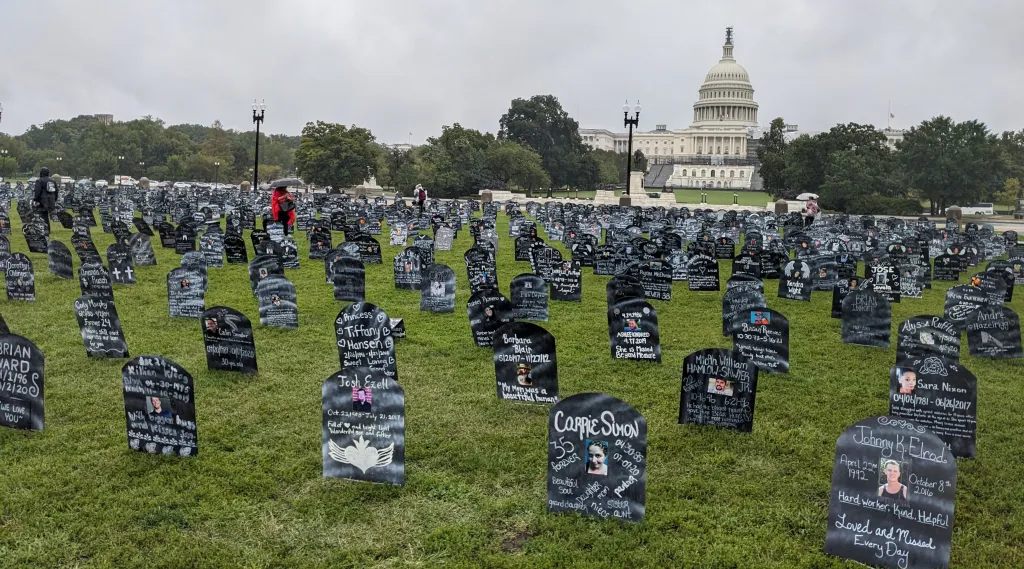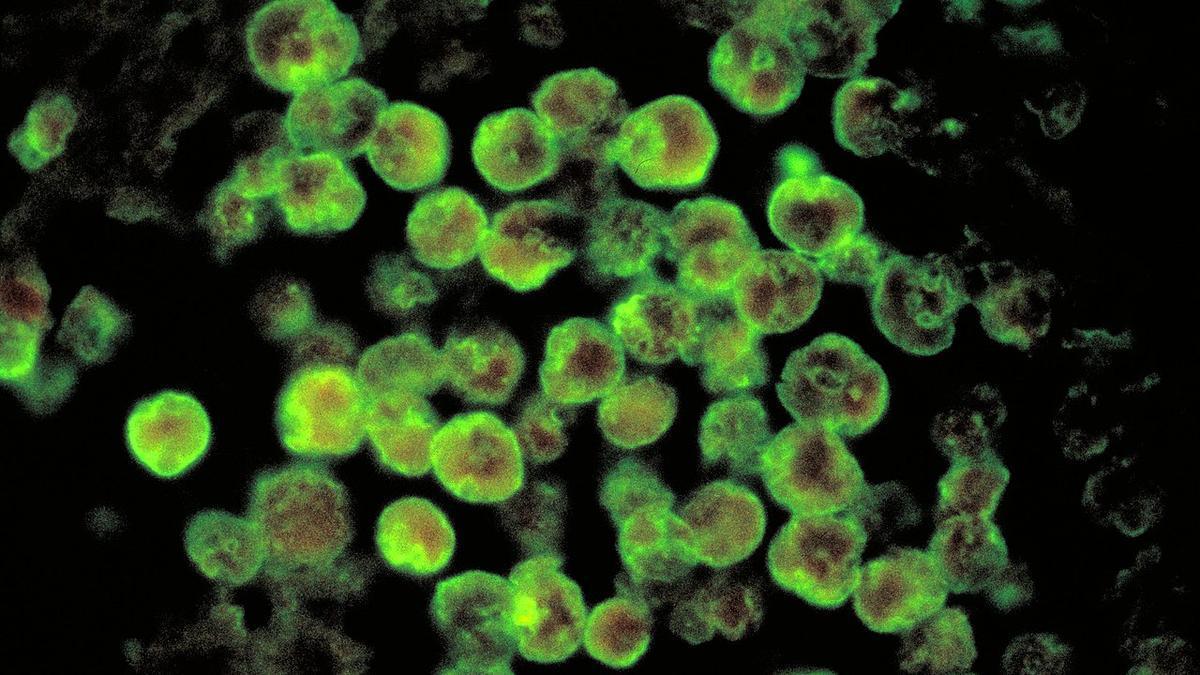
Government officials and nonprofit leaders in Hampton Roads need to ensure that our communities make the most of the more than $1.1 billion heading to Virginia from legal settlements related to the nation’s opioid epidemic.
“We’re trying to encourage them to hurry up, and we’re here to help them come up with ways to do that,” Tony McDowell, executive director of Virginia’s Opioid Abatement Authority, recently said about localities across the state eligible for a mix of dedicated funding and competitive grants.
The authority is responsible for managing and appropriating a little more than half of the settlement funds due to reach Virginia between now and fiscal year 2042 for a variety of substance abuse programs.
“We provide a lot of resources to cities and counties to help them figure out how to structure their programs so that they can make the most use of these funds,” McDowell said.
Some losses — such as the death and human suffering caused by the reckless distribution of highly addictive opioids by pharmaceutical companies, doctors and pharmacies in recent decades — can never fully be compensated.
But there is a welcome measure of justice in the more than $55 billion in settlement funds awarded so far to communities in Hampton Roads and across the nation.
Nationwide, localities filed more than 3,000 lawsuits against pharmaceutical companies and others whose negligence resulted in over 800,000 deaths from opioid overdoses between 1999 and 2023. Some settlements are still under negotiation.
As The Virginian-Pilot and Daily Press recently reported, Virginia has received payments of about $180 million so far, with roughly $110 million already provided to communities.
As the payments are received, 55% lands with the state authority, about 30% goes directly to localities that are plaintiffs in the suits, and 15% to the General Assembly for direct allocation to statewide drug abatement efforts
Among the largest settlements so far is an agreement by Purdue Pharma to pay $7.4 billion to thousands of communities devastated by use of its popular painkiller Oxycontin. Despite overwhelming evidence of the extremely addictive nature of the drug, Purdue and others continued to make it available and aggressively promote it to unsuspecting doctors and patients.
Last month, Hampton and Newport News agreed to the settlement with Purdue. Nationwide, other settlements involving billions of dollars each have been made with Janssen Pharmaceutical, Teva and other drugmakers as well as with pharmacies such as CVS, Walgreens and Walmart.
Locally, funds are already being put to use. Newport News has received $1.8 million in direct settlement payments so far, with proceeds providing counseling and medication at the city jail, funding operations for the District Court mental health docket and assisting the Hampton-Newport News Community Service’s Mobile Medication Unit and Peer Recovery Oriented System of Care.
Because the terms of the settlements lack restrictions on how the money is used, the state’s Opioid Abatement Authority has established what it calls a “voluntary gold standard incentive” to ensure the money is directed only to substance abuse programs, not other community needs.
So far, Hampton and Newport News have received $100,000 in gold standard funds. Nearly 70 localities have signed onto the incentive program, including Norfolk, Virginia Beach and others in our region.
Fortunately, the number of opioid-related fatalities have been declining in Virginia since a peak of 2,220 deaths in 2021. The numbers are still daunting, however, with 1,221 deaths from opioid overdoses statewide last year. In Hampton Roads, more than 600 people died from overdoses in 2023, with the Black community — especially in Newport News — among the hardest hit.
Despite the recent progress in reducing opioid deaths, it’s obvious there is much work left to do to eliminate the epidemic in our region.
The money from these settlements will never make up for the loss of life, but if put to wise use helping Virginians struggling with addiction, there’s hope that the suffering will end and our communities can begin to heal.



